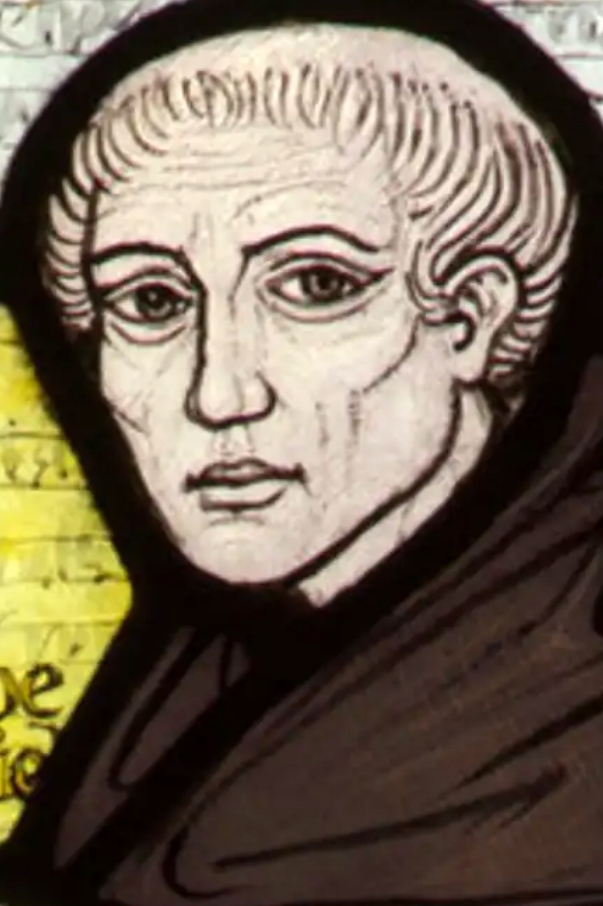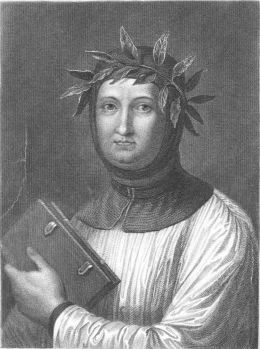

However, while undergoing these disciplinary difficulties, under a loose form of house arrest, Ockham also became involved in another debate, when he was asked to review the arguments surrounding "apostolic poverty" (the belief that Jesus and his apostles owned no personal property and survived by begging and accepting the gifts of others).


Lutterell made a list of 56 statements (later reduced to 49) which he deemed to be erroneous or heretical, but in fact Ockham's views were fairly conservative and his religious statements mostly had adherents among the leading Franciscans, so he was not formally condemned for his teachings. In 1324, he was summoned to the Papal court at Avignon, France, under charges of heresy (possibly levied by the Oxford Chancellor John Lutterell), and a theological commission was asked to review his "Commentary on the Sentences" (a commentary he wrote on the "Book of Sentences" of the 12th Century Italian theologian Peter Lombard, a standard requirement for medieval theology students). During these years he wrote many deep works on philosophy and Logic, including his monumental three-part "Summa logicae" in which he lays out the fundamentals of his Logic and its accompanying Metaphysics. In 1320, he completed study for his bachelor's degree, and he lectured on Logic and natural philosophy in a Franciscan school from 1321 to 1324, while he waited to return to university to study for his doctorate (although events were to overtake him and he never completed his master's degree or doctorate). He was ordained a subdeacon by the Archbishop of Canterbury in Southwark, London in 1306, and was sent to study theology at the University of Oxford in 1309 (at some point he probably studied under John Duns Scotus and derived many of his views from him). William of Ockham was born around 1285 in the small village of Ockham in Surrey, England, although nothing is known of his parents or his early life before he joined the Franciscan order (probably in London) at the age of fourteen. His philosophy was radical in his day and continues to provide insight into current philosophical debates. In addition to formulating his famous methodological principle commonly known as Occam's Razor, he produced significant works on Logic, physics and theology. He is sometimes called the father of Nominalism, strongly believing that universals are merely mental concepts and abstractions which do not really exist, except in the mind. Thomas Aquinas, John Duns Scotus and Averroës, he is one of the major figures of late medieval Scholastic thought, and was at the center of the major intellectual and political controversies of the 14th Century. 1285 - 1348) was an English Franciscan friar, philosopher and theologian of the Medieval period.Īlong with St. William of Ockham (or William of Occam) (c. By Individual Philosopher > William of Ockham


 0 kommentar(er)
0 kommentar(er)
